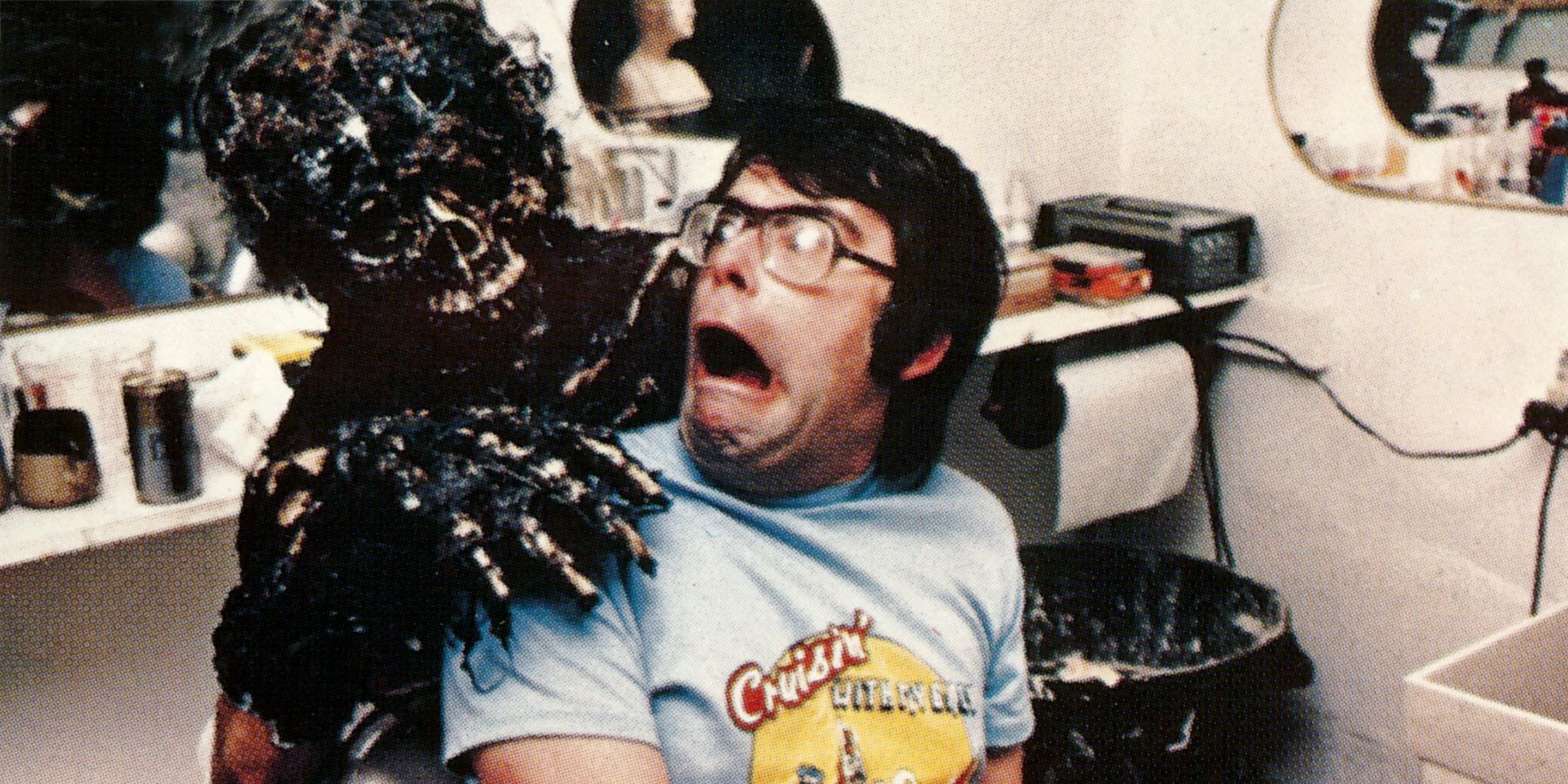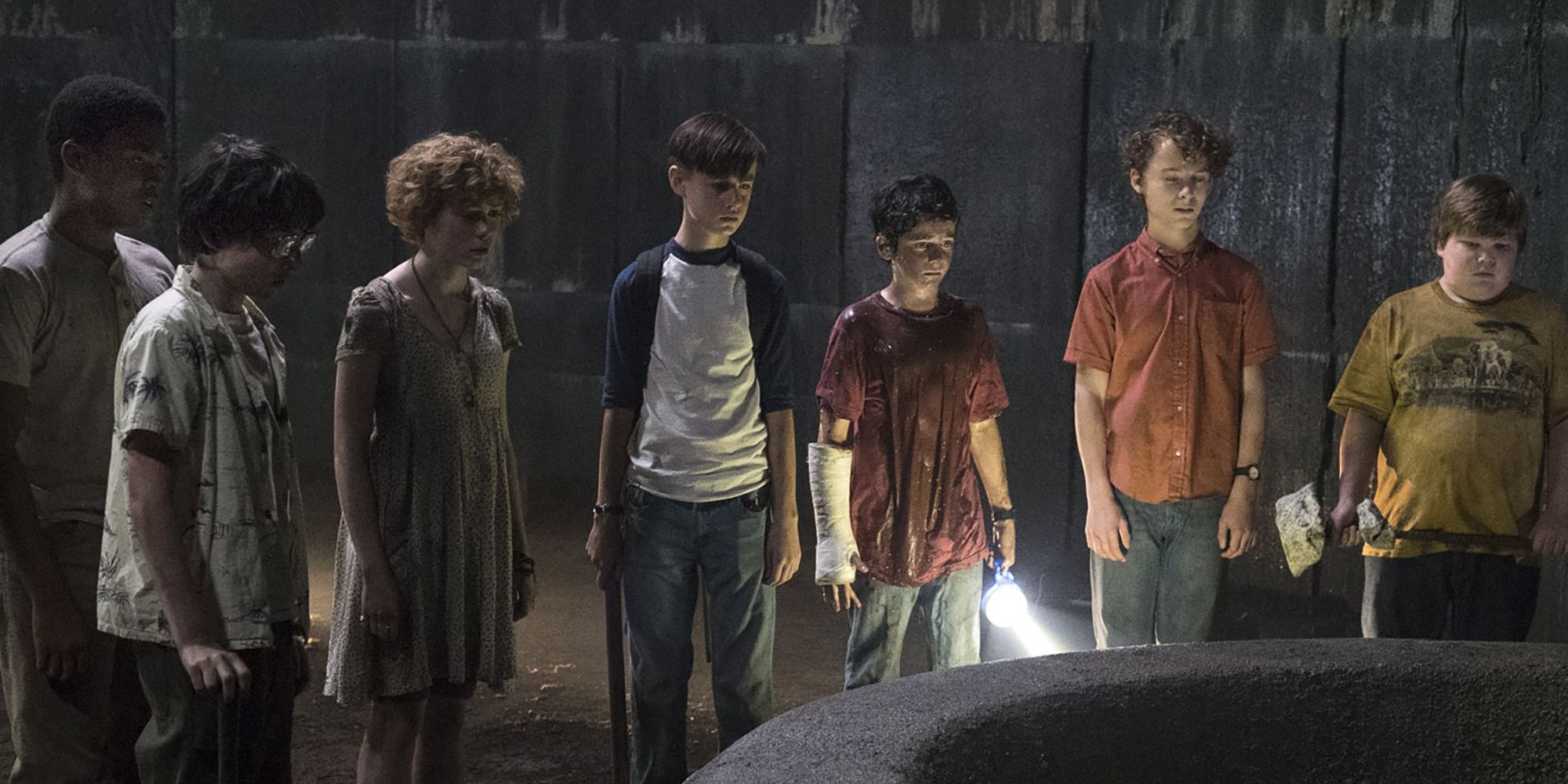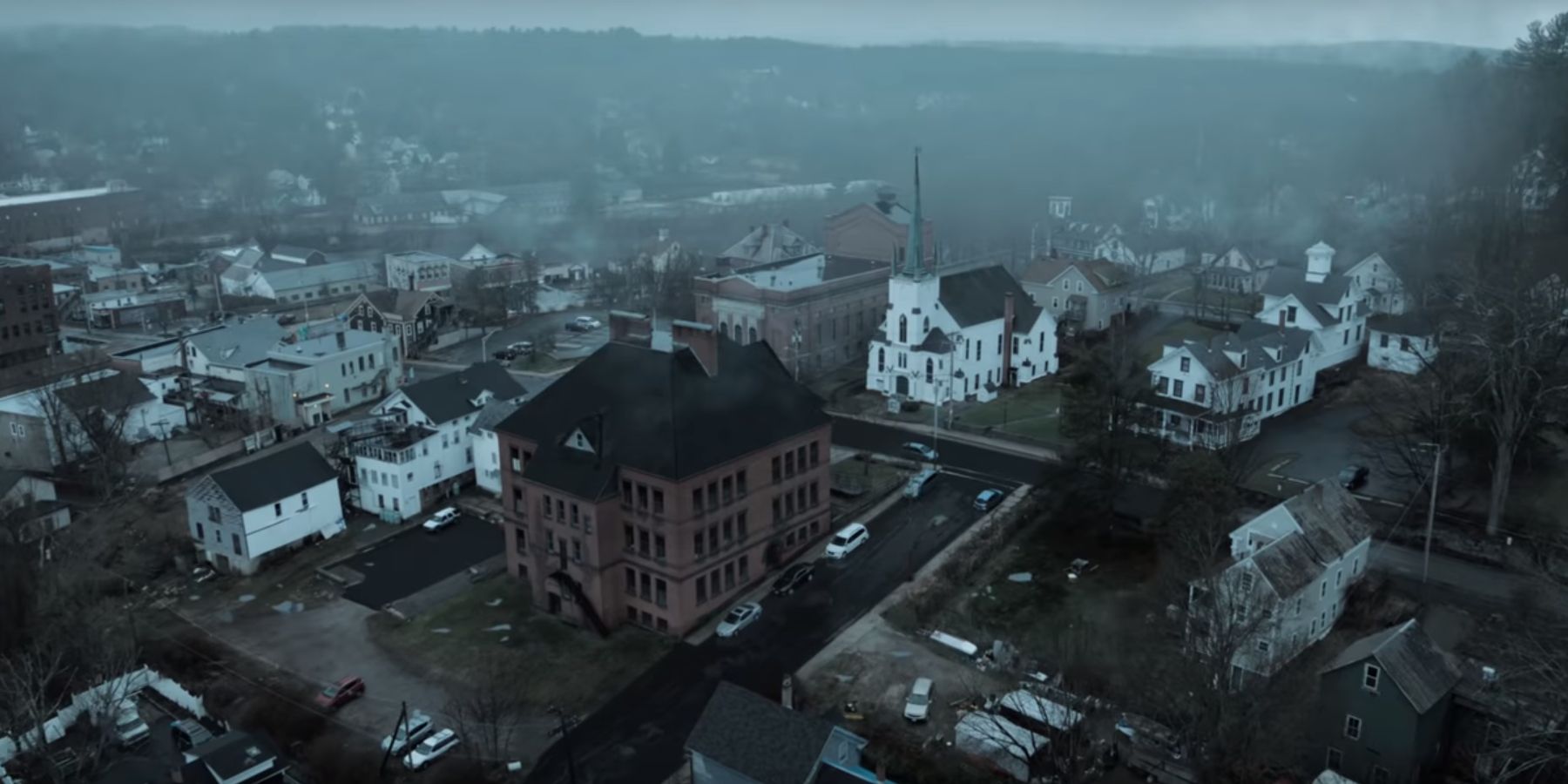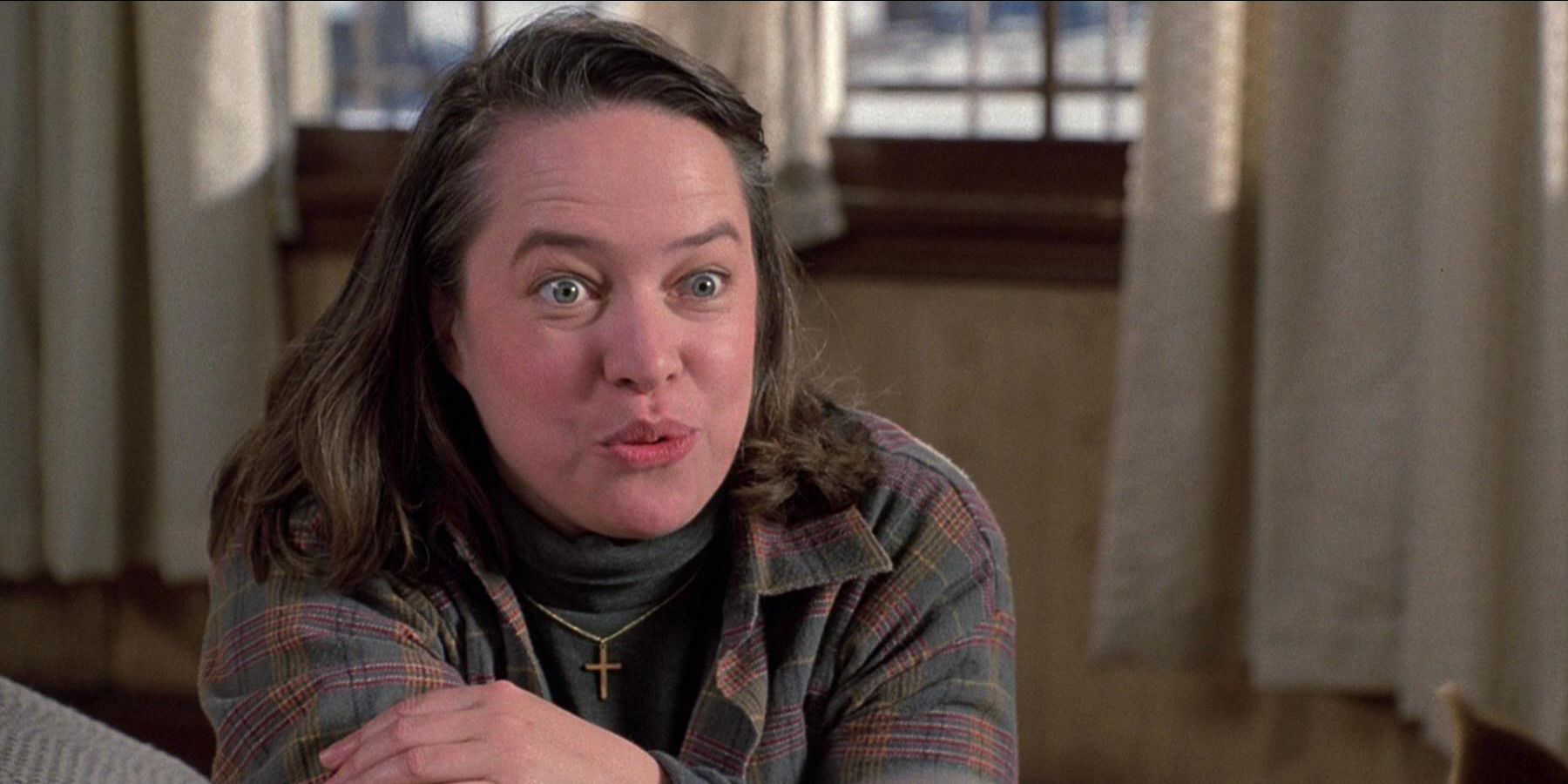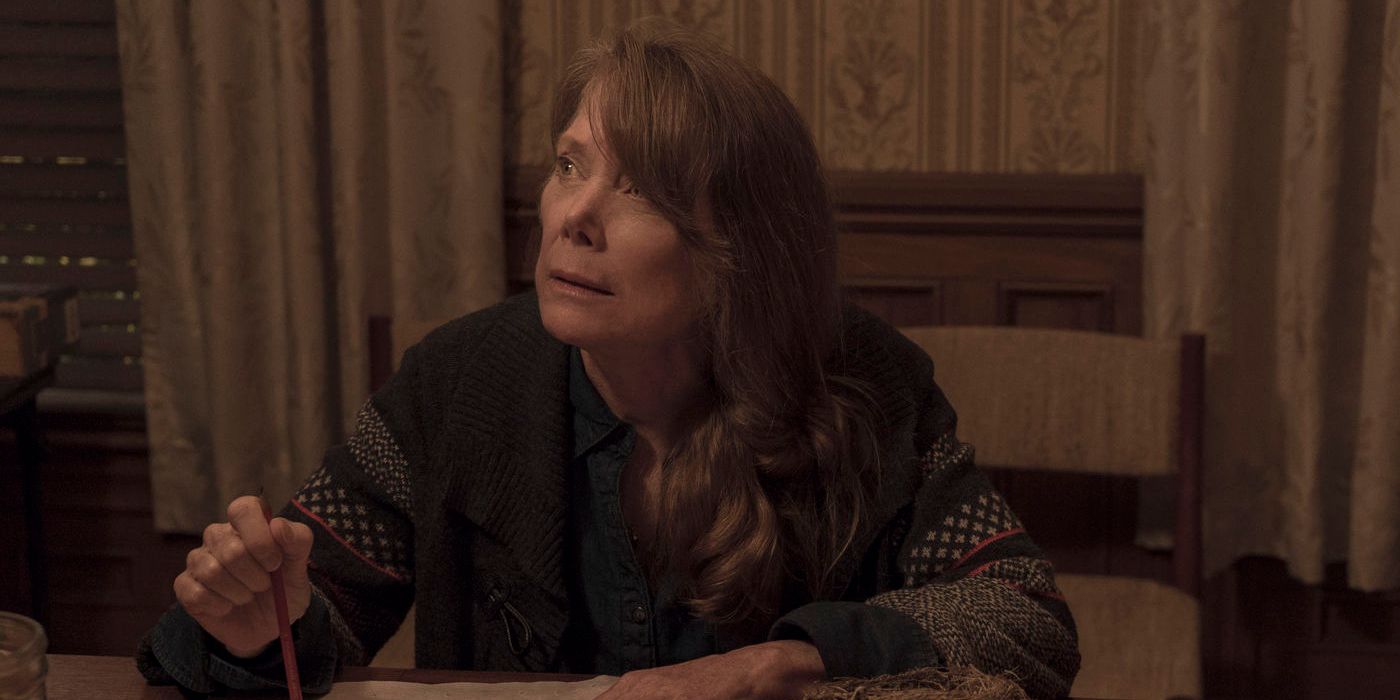Stephen King is often asked in interviews what scares him. It's one of those questions that he seems to answer rather grudgingly, despite the fact that he writes horror. Still, his biggest fears are laid out in his work, as well as how they have evolved over the years.
Stephen King has been a popular author of horror since his first novel was published. Carrie came out in 1974 and struck a chord with people. It revolves around a young high school girl with mysterious telekinetic powers. 'Salem's Lot, King's second novel, came out shortly after that, and was about vampires in a small town. This was followed by The Shining, which firmly established King in the horror genre. At the time, his agent warned him about being typecast as a horror writer, but King considered it a compliment and kept writing horror.
Over the years, Stephen King has sometimes strayed from the horror genre with his forays into fantasy, science fiction, and mystery. However, his work almost always contains some elements of horror. He has dipped his toes in almost every standard horror trope in some way—such as 'Salem's Lot for vampires, The Stand for apocalyptic fiction, and It for small-town horror—sometimes shaping certain types of horror so that future stories evolve directly from his work. King, as a horror writer, is a master at expressing his fears on the page. As such, to answer the question of what scares Stephen King, looking through his work is a good place to start.
Bad Things Happening To Children
It would be easy to point to King's novel It and say that the horror novelist is afraid of clowns. While it's true he certainly recognizes how scary clowns can be, the real fear he explores in a novel like It is how vulnerable children are and how easily they can succumb to tragedy. In exploring this theme, King was one of the first to point out how children were afraid of clowns, despite what adults might think. In fact, the novel is really about how adults often ignore children and how, ultimately, they are forced to stand up to the horrors of the world on their own.
Bad things happen to children in a lot of King's work. They often have dangerous and unexplained powers, such as Danny Torrance's shine (The Shining) that awakens and enhances the evil spirits around him, and Charlie McGee's pyrokinetic powers (Firestarter). Inevitably, the attention these powers provoke from the adult world leads to bad times for the children, whether it's the psychotic break of a parent or a shady government agency like The Shop.
Small Town Paranoia
In many of King's works, small-town ignorance and paranoia run rampant, leading to all sorts of problems. Small towns are isolated places and when something happens there, everyone tends to be involved. In 'Salem's Lot, for instance, the master vampire Barlow is able to get away with killing and nearly taking over the community because he now resides in a small town.
In It, the town of Derry is filled with people who are willfully ignorant of the horrible string of murders that take place every 27 years. Another small town featured in several King stories is Castle Rock, which is often beset by supernatural horrors. For instance, in Needful Things shop owner Leland Gaunt manipulates everyone in town until they turn against each other in hurtful and violent ways.
A Global Pandemic
Although King usually explores horror in isolated locations, be it a small town or an empty snowed-in hotel, he did write about horror on a more global scale. The Stand features a flu-like disease that spreads across the United States until the vast majority of the population is dead. King writes in vivid detail about loved ones getting sick and dying to the helpless horror of the Super Flu's few survivors. The Stand is one of King's most important and well-known novels. It also happens to be one of his most relevant in the current global environment with the COVID-19 pandemic.
Being Struck By A Vehicle
Oddly, this may be one of Stephen King's biggest fears. Although it might not seem obvious, there is a theme of vehicular murder running through his work. In the 80s, he wrote his novel, Christine, about a 1958 Plymouth Fury possessed by supernatural forces that goes on a killing spree. That same decade, King wrote and directed Maximum Overdrive, an admittedly terrible movie about killer trucks with a mind of their own.
However, those are the obvious ones. Stephen King's novella, The Body, is about finding a boy's body that's been struck by a train. Similarly, Pet Semetary features one of King's most heartbreaking scenes when a young Gage is hit and killed by a semi. Part of this fear may stem from an event that happened during King's childhood in which a friend of his was hit and killed by a train. Nevertheless, the vehicular horror continued to plague King when he was struck by a van while out on one of his walks and was nearly killed in 1999.
Crazy Fans And Success
As King's horror writing career developed, he began to grow a fear of success. This fear is particularly evident in his 90s work, such as in The Dark Half and Misery. The Dark Half is about a writer's dark pseudonym that comes to life, murdering everyone in his way so the violent novels he writes will continue to be produced. Similarly, Misery features a fan so obsessed with author Paul Sheldon's romance novels that she kidnaps him and forces him to write for her.
Isolation, A Broken Mind, And Dementia
Perhaps one of Stephen King's biggest fears is going crazy and losing his mind. Early in his career, he often wrote about how isolation drove people mad, such as Jack Torrance in The Shining. Similar things happen to various characters through his work as his career progresses, such as Beverly Marsh's father in It. King is aware that sometimes good and well-intentioned people lose themselves and do horrible things.
These days, this fear has grown for King. Now, at 72 years old, his biggest fear is losing his mind to dementia and Alzheimer's. He's spoken about how since he's a writer, he needs a sharp mind. His biggest fear is not being able to create and share his work. As Stephen King told NPR a few years ago, "That's the boogeyman in the closet now. I'm afraid of losing my mind".

